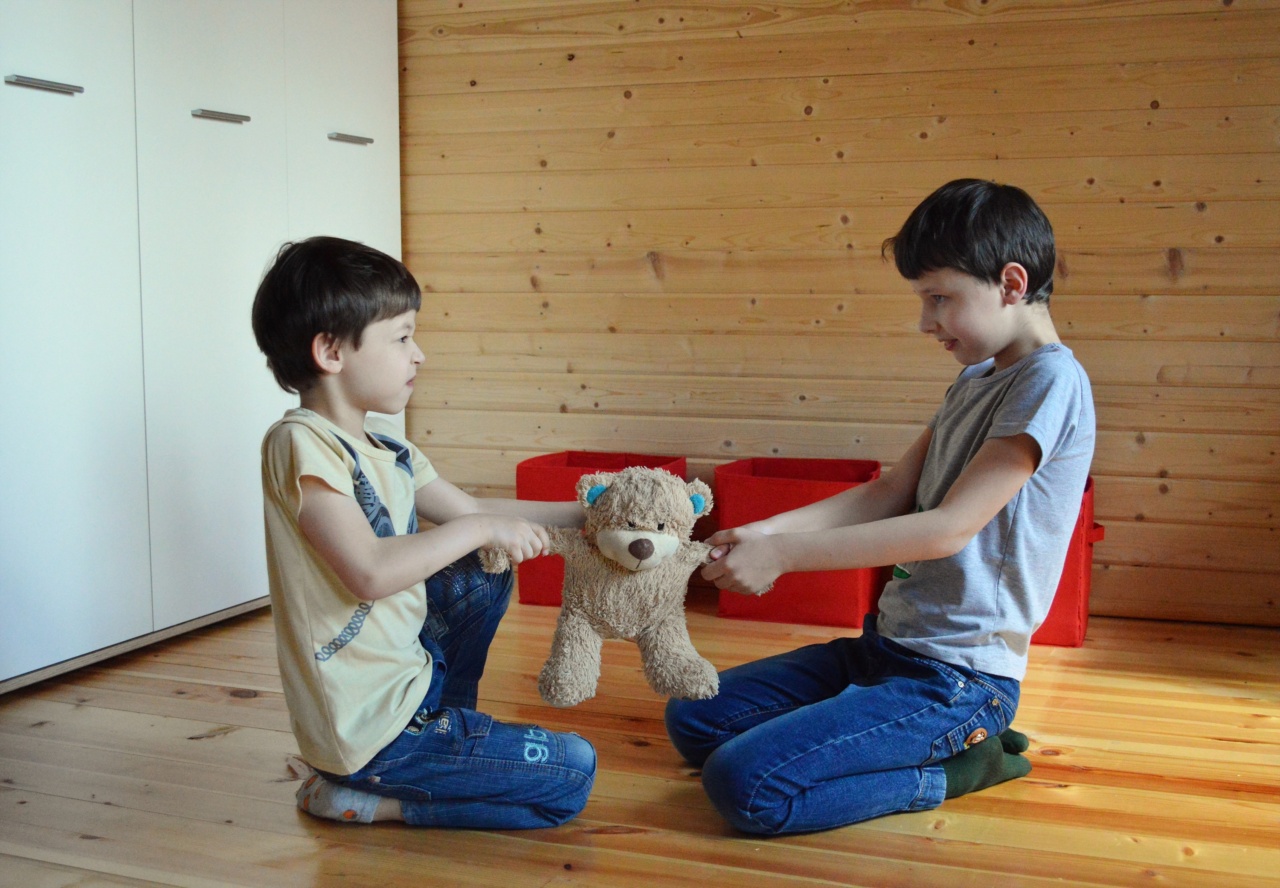Emotions play a crucial role in our lives, shaping our experiences, actions, and relationships. For children, understanding and managing emotions can be particularly challenging.
This article aims to explore the reasons behind why children sometimes struggle with their emotions.
The Development of Emotional Understanding
Emotional understanding is a complex process that begins in early childhood.
During this period, children learn to recognize and label different emotions, understand their causes and consequences, and develop strategies to regulate their emotional responses.
The Role of Brain Development
The development of emotional understanding is closely intertwined with the maturation of the brain. The prefrontal cortex, responsible for emotional regulation and decision-making, undergoes significant development during childhood and adolescence.
The immaturity of this region in young children can contribute to difficulties in managing emotions effectively.
Environmental Factors
The environment in which a child grows up plays a crucial role in shaping their emotional development.
Children who experience a lack of emotional support, inconsistent caregiving, or high levels of stress may face challenges in understanding and expressing their emotions.
Temperament Differences
Each child has a unique temperament, which influences how they express and regulate their emotions. Some children may be naturally more prone to intense emotional reactions, while others may have a calmer disposition.
These temperament differences can impact a child’s ability to understand and cope with their emotions.
Socialization and Peer Relationships
Socialization through interactions with family, friends, and peers is important for emotional development.
Children learn about emotions by observing and imitating others, and peer relationships provide opportunities for emotional expression and regulation. Difficulties in social interactions or the absence of close friendships can hinder a child’s emotional growth.
Exposure to Traumatic Experiences
Children who have experienced trauma, such as abuse, neglect, or witnessing violence, may struggle with their emotions.
Traumatic events can disrupt normal emotional development and lead to difficulties in understanding, expressing, or regulating emotions. Professional intervention is often necessary to help these children navigate their emotional challenges.
Language and Communication Skills
Language plays a vital role in emotional understanding. Children need to possess adequate language and communication skills to express their emotions effectively and understand the emotions of others.
Delayed language development or difficulties in expressing oneself verbally can hinder emotional understanding and contribute to emotional struggles.
Unresolved Emotions and Past Experiences
Unresolved emotions and past experiences can resurface and affect a child’s emotional well-being. If an emotional event or experience remains unaddressed, it can create a foundation of emotional struggle that persists over time.
Professional therapy or counseling can help children unpack and process these emotions.
Mental Health Conditions
Sometimes, emotional struggles in children can be attributed to underlying mental health conditions.
Conditions such as anxiety disorders, attention-deficit/hyperactivity disorder (ADHD), or mood disorders can significantly impact a child’s emotional well-being and functioning. Identifying and addressing such conditions is crucial for providing the necessary support to children.
The Role of Parenting and Caregiving
Parenting and caregiving practices heavily influence a child’s emotional development. Secure attachments, warm and responsive parenting, and open communication contribute to a child’s emotional well-being.
In contrast, neglect, inconsistency, or harsh discipline can lead to emotional struggles. Parenting interventions and support can help parents enhance their nurturing skills.
Conclusion
Understanding emotions is a complex process, especially for children who are still learning and developing.
Various factors, including brain development, environmental influences, temperament, socialization, traumatic experiences, language skills, unresolved emotions, mental health conditions, and parenting practices, can contribute to a child’s emotional struggles. By recognizing and addressing these factors, we can provide the necessary support and guidance to help children navigate their emotions effectively and promote their overall emotional well-being.






























